DiaDev is a partnership between the University of Edinburgh, Kings College London, Kings Health Partners, and Public Health Foundation India and is funded by the European Research Council.
We work closely with stakeholders in the USA, Europe, Sierra Leone and India to refine and adapt the project design, solicit feedback on findings, and develop innovative solutions for improving diagnostic accuracy and efficacy.
Through the telling of diagnostic stories, the mapping of diagnostic infrastructures, and collaborations with stakeholders, DiaDev seeks to identity the lessons that can be drawn from the successes and failures of point-of-care diagnostic devices in the places where they are developed and deployed. It is hoped that the findings will help inform researchers, funders, policy-makers, governments and users as to whether, and how, these tests can strengthen health systems in resource-limited settings.
Download the Diadev Project Brochure.
Download the Diadev Project Profile Piece.
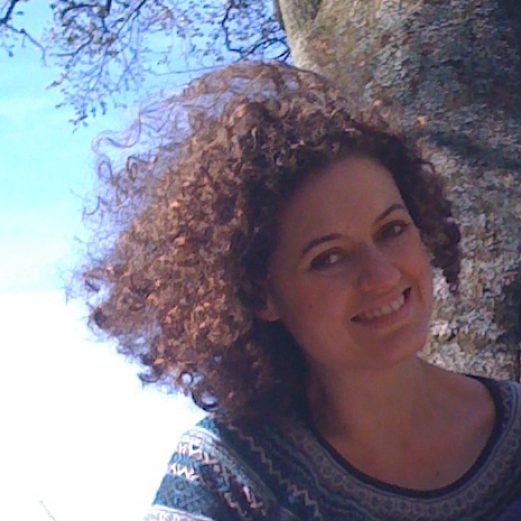
Principal Investigator, University of Edinburgh
Alice Street is a Senior Lecturer in Social Anthropology at the University of Edinburgh. Her research focuses on hospital ethnography, health systems research, global health interventions and medical innovation. She has carried out ethnographic research in Papua New Guinea and India and is the author of ‘Biomedicine in an Unstable Place: Infrastructure and Personhood in a Papua New Guinean Hospital’, published by Duke University Press.
Email: alice.street@ed.ac.uk
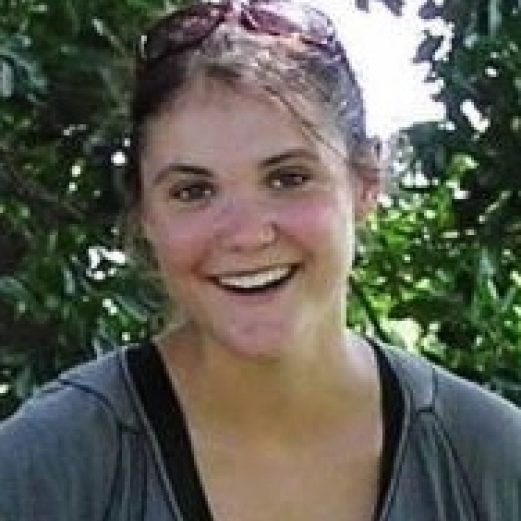
Senior Research Fellow, Kings College London
Ann H. Kelly is a Senior Lecturer in the Department of Global Health and Social Medicine, King’s College London and the Co-Deputy Director of the King’s Global Health Institute. Her ethnographic work focuses on the socio-material practices of global health research and innovation in Sub-Saharan Africa, recent examples of which have been published in Cultural Anthropology, Social Studies of Science, Social Science and Medicine and Visual Anthropology. She is currently collaborating on a number of transdisciplinary initiatives including an NIHR Research Unit on System Strengthening in Sub-Saharan Africa (ASSET) and DiaDev.
Email: ann.kelly@kcl.ac.uk
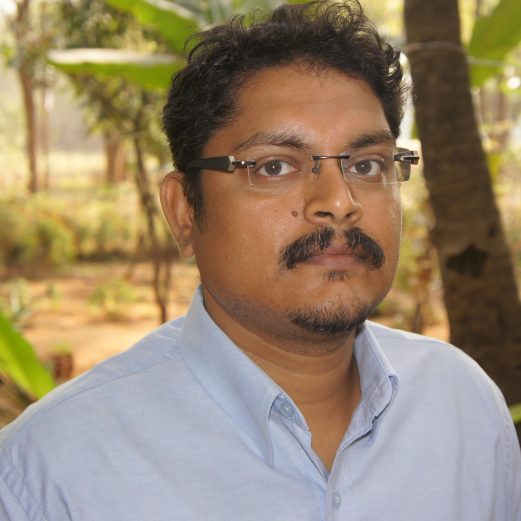
Senior Research Fellow, Indian Institute of Public Health Hyderabad
Dr. Nanda Kishore is a Medical Anthropologist working as Associate Professor in Indian Institute of Public Health Hyderabad. His areas of interests are socio-cultural and ecological concerns of Public Health, Application of technology for inclusive healthcare, Tribal health and Implementation research.
Email: nandu.k@iiphh.org
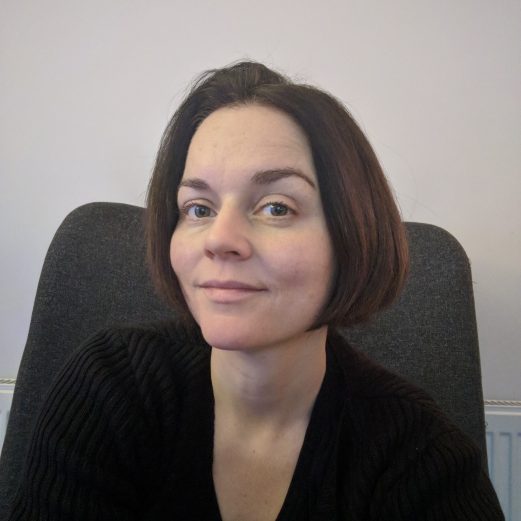
Senior Research Fellow, University of Edinburgh
(Emma) Michelle Taylor is a social scientist with extensive experience in the fields of global health and development. Michelle is a Senior Research Fellow (2018-2020) on the ERC-funded project 'Investigating the Design and Use of Diagnostic Devices in Global Health’ (DiaDev, PI Dr Alice Street), leading the project’s research theme on diagnostics to support disease elimination. Previously, Michelle was a Research Fellow (2012-2018) on the ERC-funded Investigating Networks of Zoonosis Innovation project at Edinburgh (INZI, PI Prof James Smith). INZI focused on the myriad ways African Trypanosomiasis has been controlled, researched and funded from the end of WW2 until the present day, asking how innovation has been stimulated for this neglected tropical (and zoonotic) disease. As part of INZI, Michelle led research strands on advocacy and funding for Neglected Tropical Diseases, and drug discovery and development for Human African Trypanosomiasis; she also contributed to the project-wide work on One Health and disease elimination.
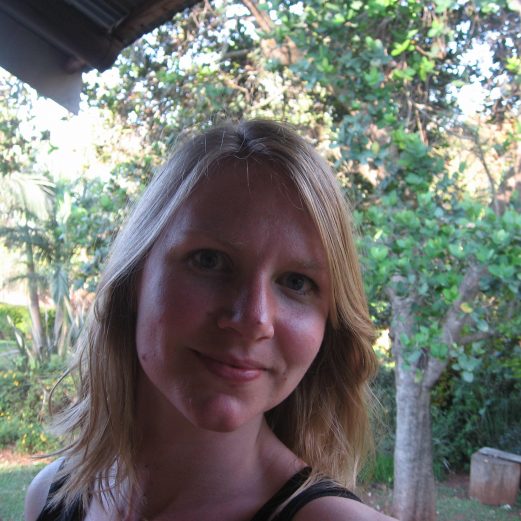
Research Fellow, University of Edinburgh
Eva Vernooij is a medical anthropologist with an interest in the relationship between science, politics and practice in global health. Her PhD research at the University of Amsterdam focused on the production and translation of knowledge and care practices in an implementation science research project about HIV treatment as prevention in Swaziland. She is a Research Fellow on the European Research Council-funded project 'Investigating the Design and Use of Diagnostic Devices in Global Health’ (DiaDev, PI Alice Street) and will be carrying out ethnographic research about the use of diagnostic devices in health systems strengthening in Sierra Leone.
Email: eva.vernooij@ed.ac.uk
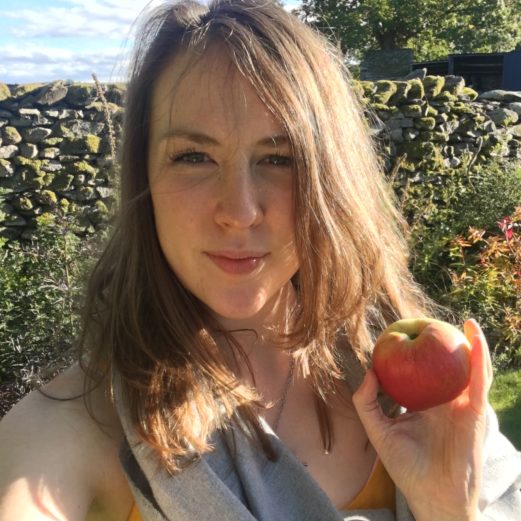
Research Fellow, University of Edinburgh
Iona Walker is a Wellcome Trust PhD candidate in Social Anthropology at the University of Edinburgh. Her PhD research focuses on the ways language and metaphor shape the possibilities for imagining and responding to antimicrobial resistance (AMR). Other research interests include health, gender and reproductive politics in post-socialist contexts and the United States. Iona is the founder and coordinator of the interdisciplinary AMR research network BEYOND RESISTANCE, which aims to foster collaboration, communication and trust between social sciences, arts, humanities and natural sciences in AMR research.
Email: iona.walker@ed.ac.uk
Twitter: @IonaWalker
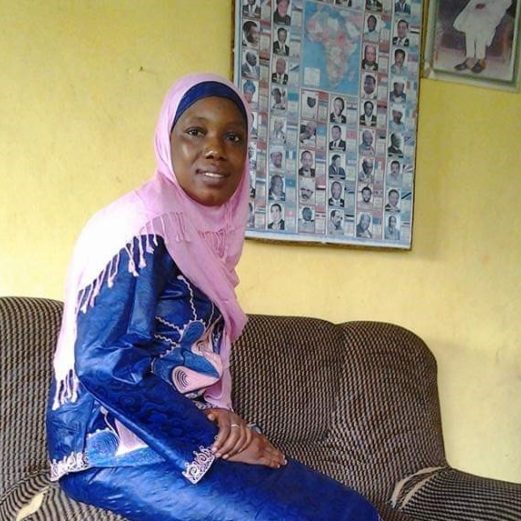
Research Fellow, King's Sierra Leone Partnership
Fatmata Bah originally studied business administration, and has been a researcher for 13 year, mostly focusing on health in Sierra Leone. Within DiaDev, Fatmata has been conducting structured observations, following patients and interviewing health workers, cleaners and laboratory technicians who work on the front line of diagnostics in Sierra Leone.
Email: fatmata.bah@kcl.ac.uk
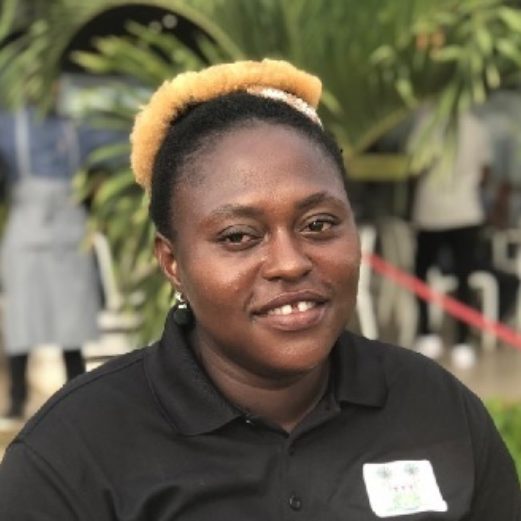
Research Fellow, King's Sierra Leone Partnership
Francess Koker holds a BSc (Hons) in biological sciences from Njala University, where her dissertation focused on Investigating Typhoid Fever in Bo, Sierra Leone. Francess's interests are in qualitative research and tropical medicine. Within DiaDev, Francess follows patients with fellows patients with fever, observing provider-patient interactions and diagnostic tests throughout the triage consultation, and during admission by use of semi-structured interviews with patients, patients' relatives and health workers.
Francess hopes to pursue a mater's degree in global health with special focus on qualitative research in infectious diseases. After her studies, she wishes to return to Sierra Leone so she can better impact and influence policy making and political guidance around health in the country.
Email: francess.koker@kcl.ac.uk
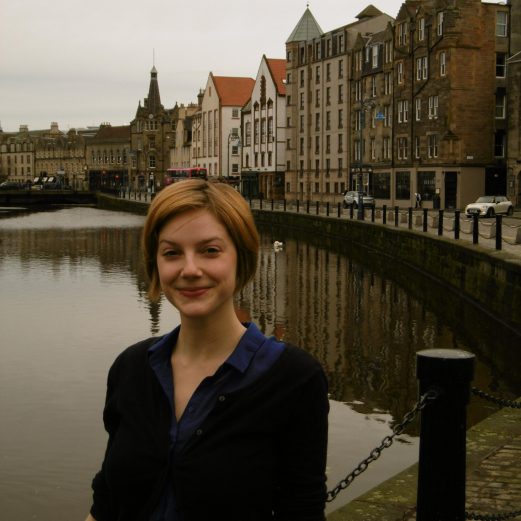
Research Associate, University of Edinburgh
Imogen Bevan is a PhD candidate in social anthropology at the University of Edinburgh, and Research Associate on DiaDev. Her research interests include anthropology of global health, anthropology of food and drugs, and material culture studies. She has published research on tobacco and e-cigarette use, and currently explores the role of sugar in social relationships in urban Scotland.
Email: imogen.bevan@ed.ac.uk
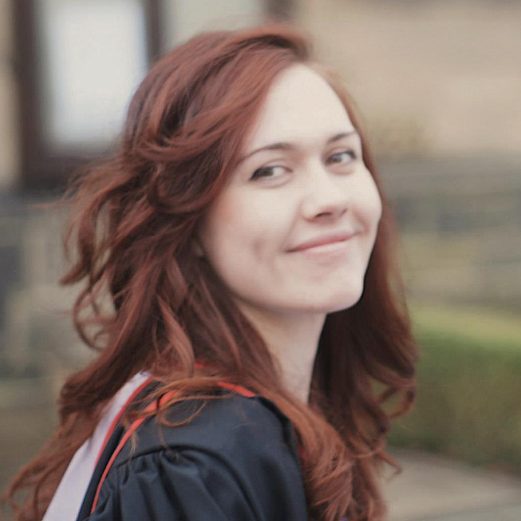
Associated Researcher, University of Edinburgh
Shona Jane Lee is a PhD candidate at the University of Edinburgh, and a member of the multidisciplinary Investigating Networks of Zoonosis Innovations (INZI) research group. She holds an ESRC AQM scholarship for her project exploring the socio-technical practices of diagnosis and disease control, focussing on novel technological interventions for human African sleeping sickness control and elimination in Uganda.
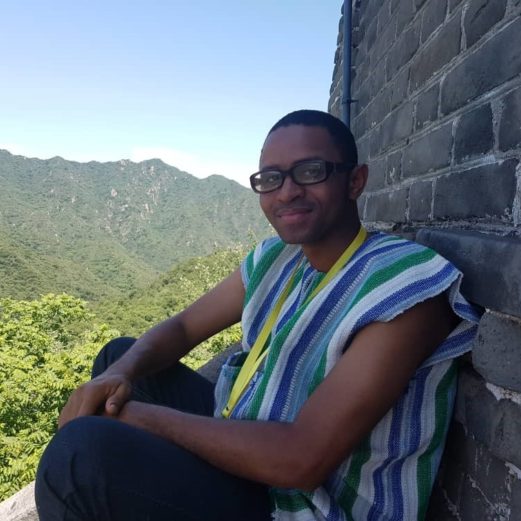
Research Fellow, 34th Military Hospital
Mohammed Boie Jalloh holds an International Master of Public Health from the Hebrew Univerity in Jerusalem, Israel and subsequently trained as a medical doctor in Sierra Leone, graduating with a MBChB degree in July 2013. Mohammed worked as a clinician in Sierra Leone at the Infectious Disease Prevention Centre of the 34th Military Hospital during the 2014-2016 West African Ebola outbreak. Now also a Lecturer at the Department of Community Health, College of Medicine and Allied Health Sciences, University of Sierra Leone, Mohammed is sub-investigator in the ZMAPP Expanded Access Protocol and co-author of several studies conducted during the Ebola outbreak. In June 2019, Mohammed was first author of a health services study 'Impact of the free healthcare initiative on wealth-related inequality in the utilization of maternal & child health services in Sierra Leone'.
Email: mboie1537@gmail.com
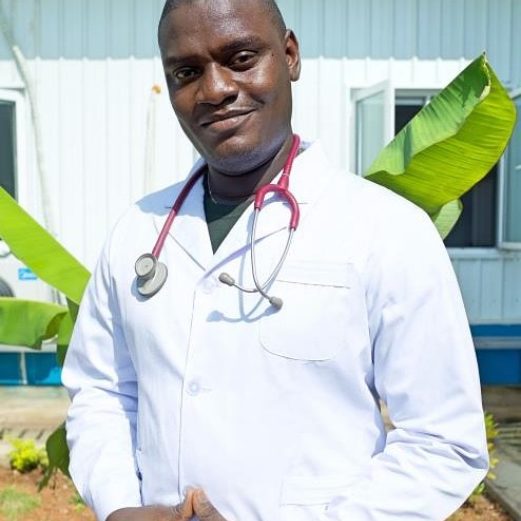
Research Fellow, 34th Military Hospital
Reginald Cole is a Medical Officer with a Masters Degree in International Public Health. With an international training in Infectious Diseases Management and Control. He currently works at the Tropical Infectious Disease Prevention and Control Centre as a Clinician and Researcher. During the Ebola epidemic, Reginald worked as an Ebola Clinician and eventually as Multiple Site Investigator for the ZMAPP clinical trial. He is currently an Associate Lecturer in the department of Microbiology in the University of Sierra Leone. Reginald is interested in research around tropical infectious diseases.

Associated Researcher, The College of Medicine and Allied Health Sciences
Mohammed Hashim Rogers has a wealth of experience in research of health systems in Sierra Leone. He is currently a Lecturer at the College of Medicine and Allied Health Sciences at the University of Sierra Leone, lecturing in Public Health, with related courses in Medical Parasitology and Micro-Biology. Mohammed holds a Bachelor of Science with Education (B.Sc.ED) and a Master of Science in Environmental Sciences, from Njala University College, and a MSc Associate in International Health from Queen Margaret University, Edinburgh. During the Ebola Epidemic, Mohammed worked with the World Bank Ebola Emergency Response Project (EERP) to supervise response implementation in country. Mohammed's other interests include HIV/AIDS policy, prevention and mapping in Sierra Leone
Associated Researcher, The College of Medicine and Allied Health Sciences
Associated Researcher, NJALA
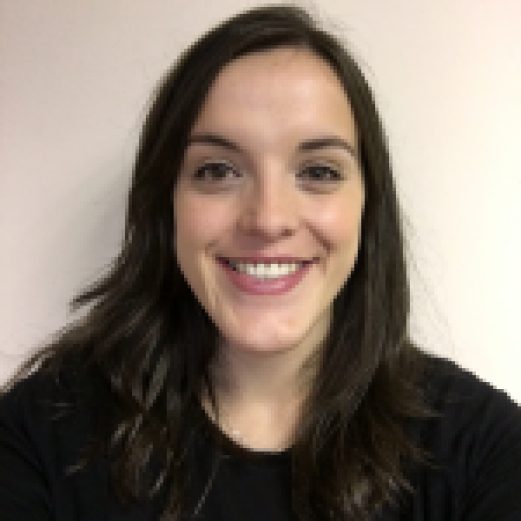
Project Administrator, University of Edinburgh
Ellen Cummings provides administrative support on DiaDev delivering a broad range of project management, knowledge exchange and coordination activities.
Email: ellen.cummings@ed.ac.uk
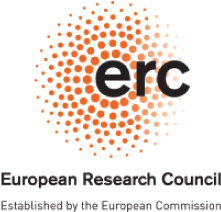
This project has received funding from the European Research Council (ERC) under the European Union’s Horizon 2020 research and innovation programme grant agreement No 715450.
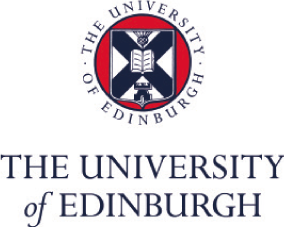
DiaDev is situated within the Edinburgh Centre for Medical Anthropology in the School of Social and Political Science at the University of Edinburgh.
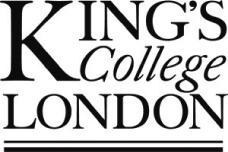
At KCL, the DiaDev project is based in the King’s Global Health Institute. The Institute’s areas of focus include healthcare delivery in the context of continuing care, environment, conflict and health.
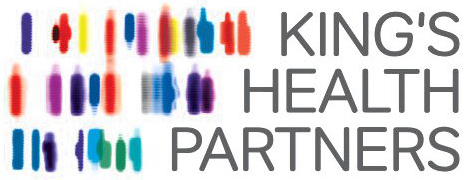
The King’s Sierra Leone Partnership is one of three global health partnerships working as part of King’s Health Partners at King’s College London. KSLP’s in-country team of staff and volunteers are working alongside our partners to build a strong and resilient health system in Sierra Leone. We’re doing this by building the capacity of individuals, institutions, and systems to improve health outcomes.

The Indian Institute of Public Health Hyderabad is a subsidiary of the Public Health Foundation India. The Public Health Foundation of India (PHFI) is a public private initiative that has collaboratively evolved through consultations with multiple constituencies including Indian and international academia, state and central governments, multi & bi-lateral agencies and civil society groups. PHFI is a response to redress the limited institutional capacity in India for strengthening training, research and policy development in the area of Public Health.




